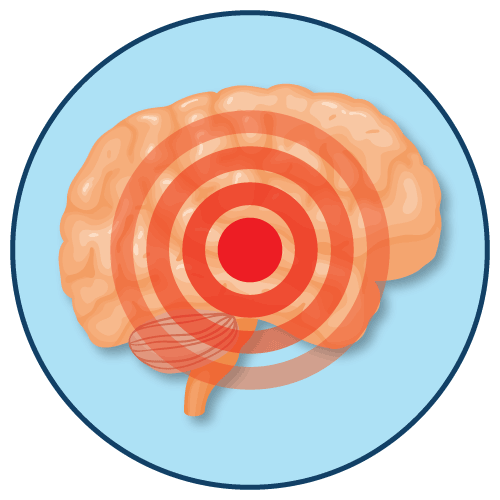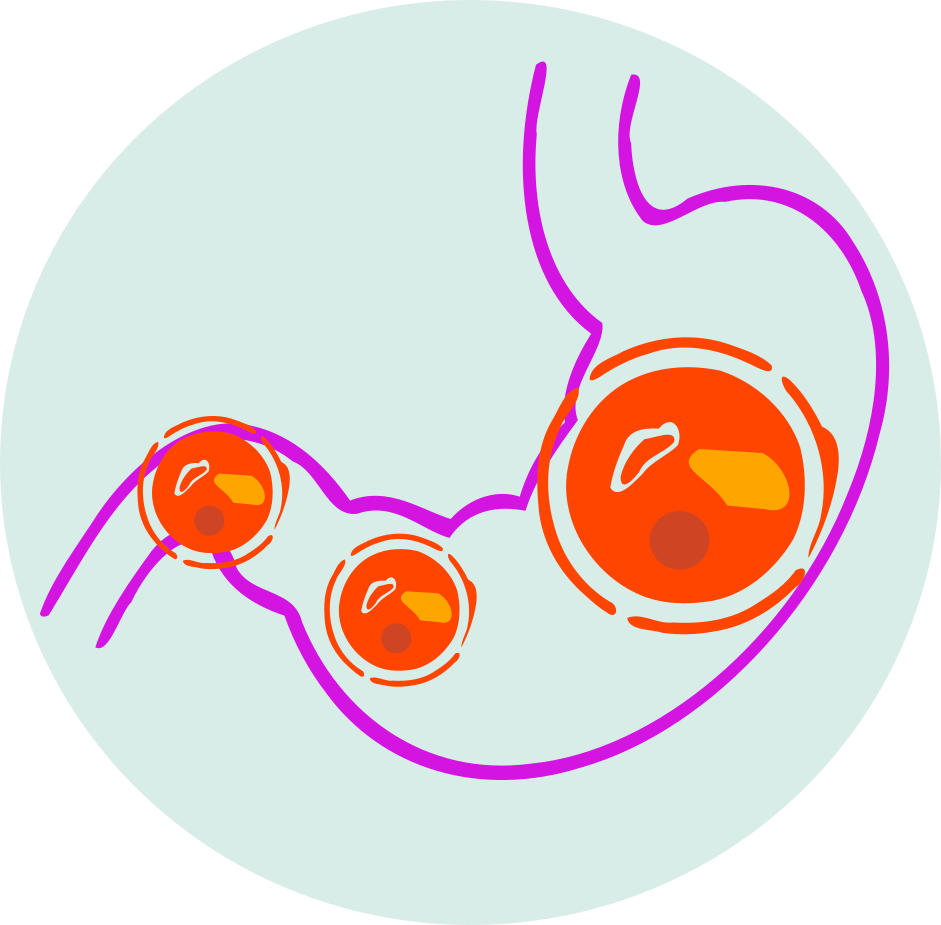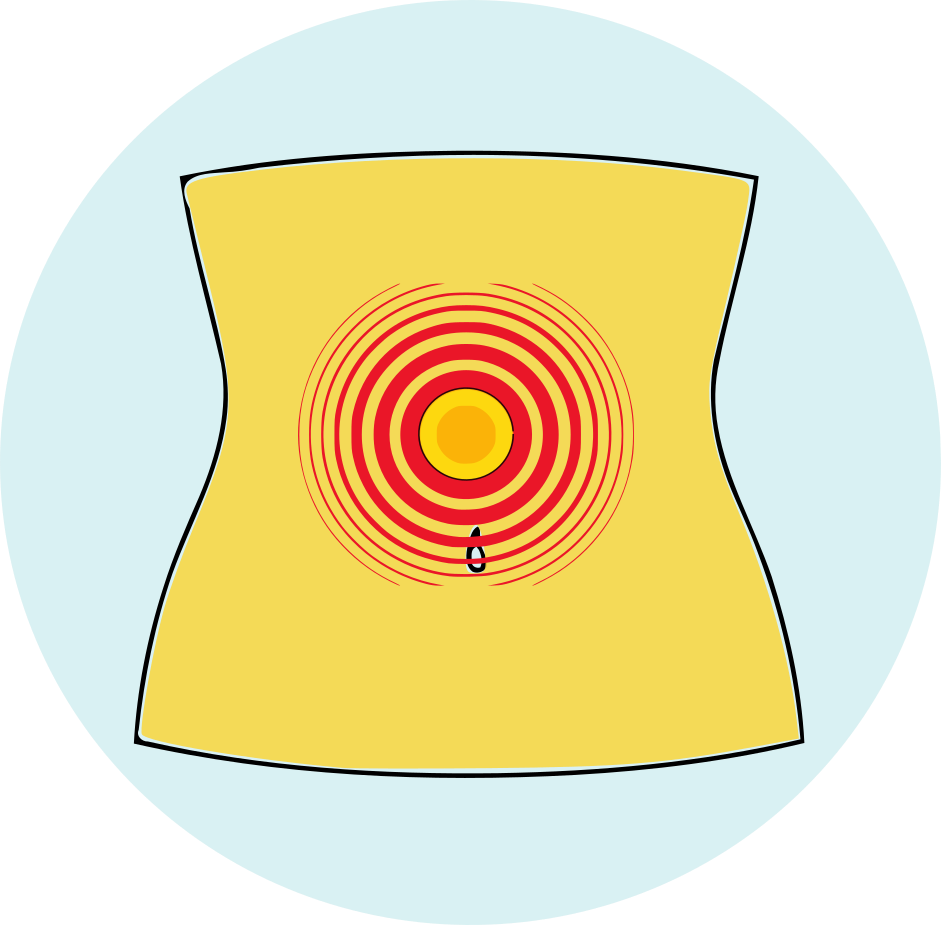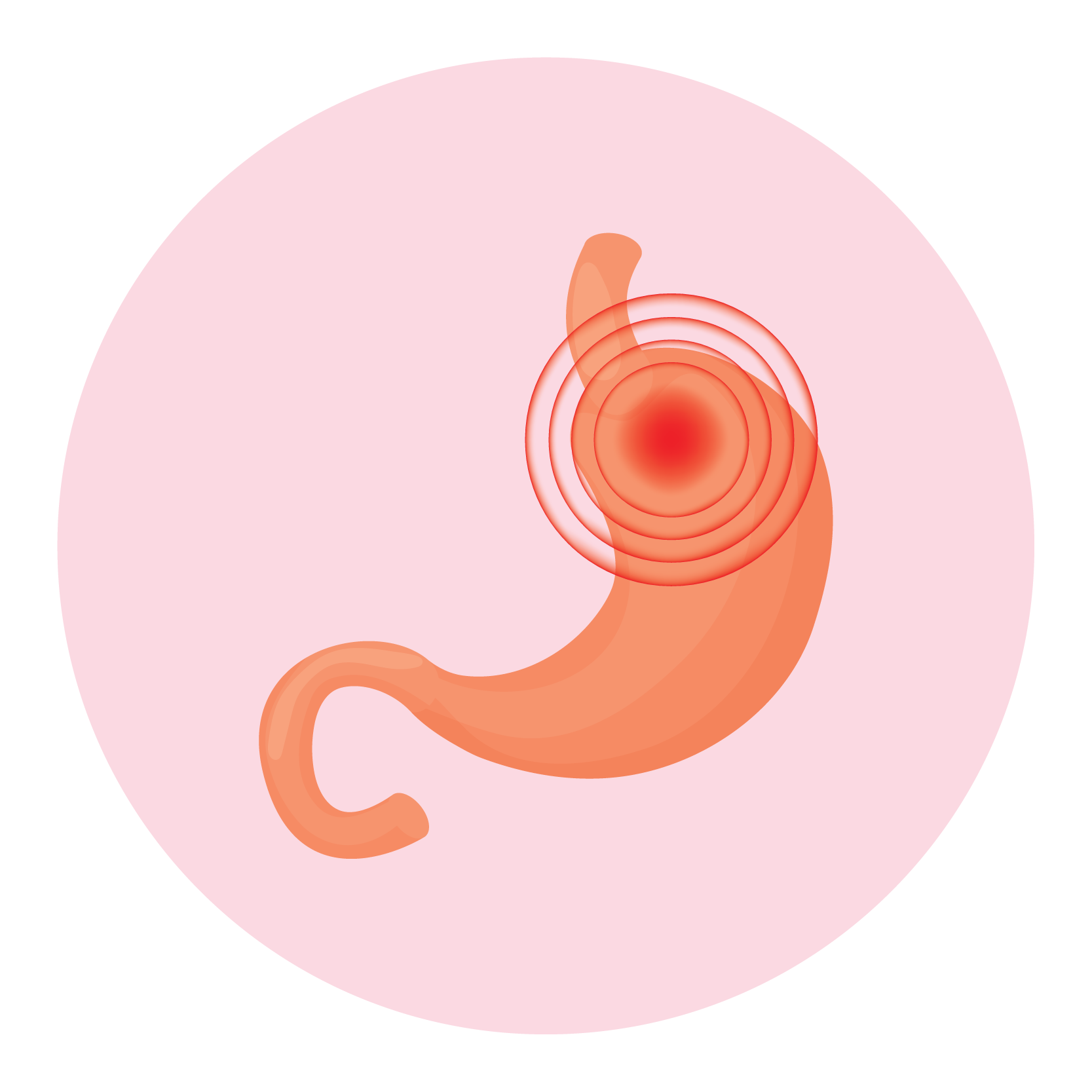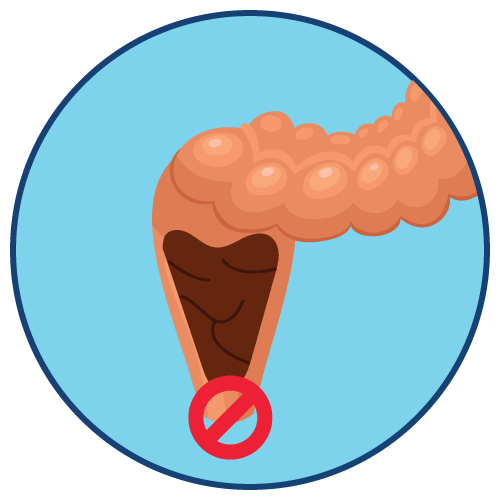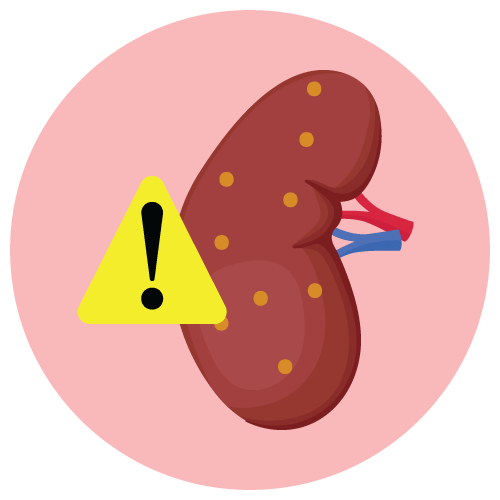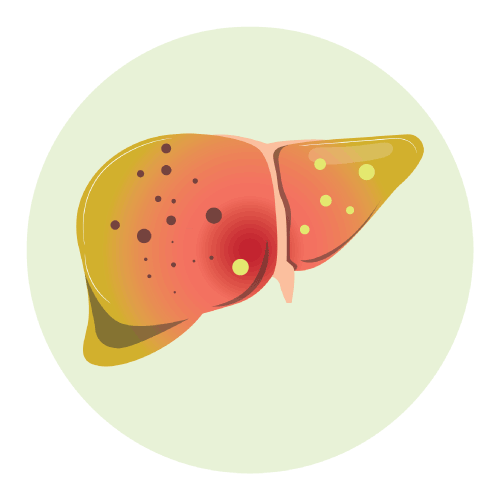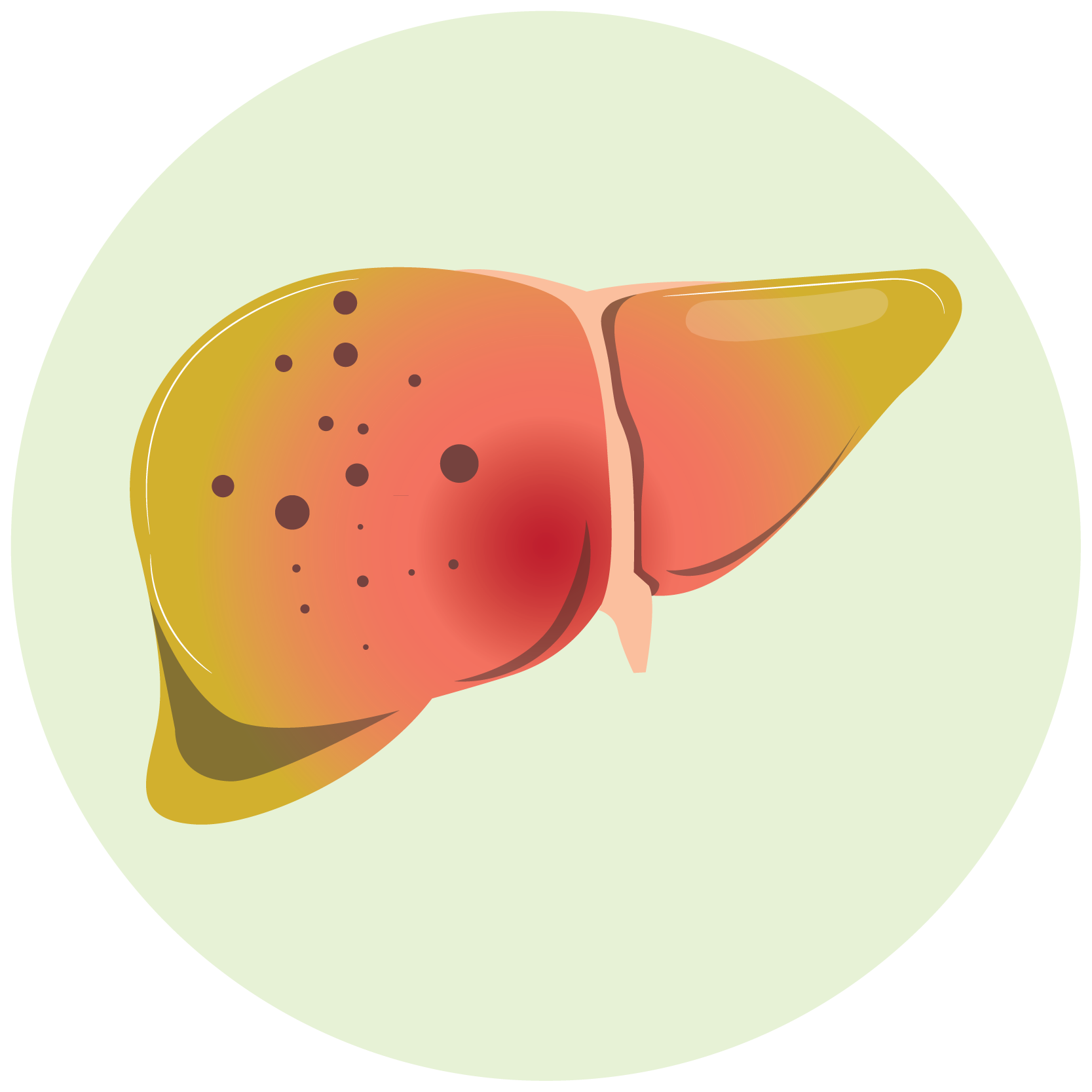| Name | Tolfenamic Acid |
| Classes |
Analgesic / Pain Killer Central Nervous System Agent NSAID |
| Diseases |
Inflammatory Disease Pain |
Tolfenamic Acid
Tolfenamic acid belongs to the class of drugs called the non steroidal anti inflammatory drugs. The mechanism of action is similar to the other NSAIDs which is inhibition of COX-1 & COX-2 enzyme which ultimately blocks the production signaling pathway of prostaglandins.
Tolfenamic acid is indicated for the relief of symptoms of acute migraine attacks.
When migraine symptoms first appear, take 200mg. If a satisfactory response is not obtained after 1-2 hours, the treatment can be repeated.
Side effects associated with Tolfenamic acid include-
- Peptic ulcers
- GI Perforation
- Abdominal pain
- Dyspepsia
- Gastritis
- Hematemesis
- Constipation
- Renal problems
- Hepatitis
- The use of this product with concomitant NSAIDs including cyclooxygenase-2 selective inhibitors should be avoided.
- NSAID may cause a dose-dependent decrease in prostaglandin formation and precipitate renal failure. Patients with impaired renal function, cardiac impairment, liver dysfunction, diuretics, and the elderly are most at risk of this reaction. Renal function in these patients should be monitored.
- Fluid retention and oedema have been reported in association with NSAID therapy, so patients with a history of hypertension and/or mild to moderate congestive heart failure require appropriate monitoring and advice.
- Clinical trial and epidemiological data indicate that the use of some NSAIDs (especially at high doses and for long periods of time) may be associated with a slight increase in the risk of arterial thrombotic events (for example myocardial infarction or stroke). There is insufficient evidence to rule out such a risk for tolfenamic acid.
- Tolfenamic acid should be used with caution in patients with uncontrolled hypertension, congestive heart failure, established ischaemic heart disease, peripheral arterial disease, and/or cerebrovascular disease. A similar consideration should be made before starting long-term treatment for patients who have risk factors for cardiovascular disease.
- GI bleeding, ulceration, or perforation, which can be fatal, has been reported with all NSAIDs at any time during treatment, with or without prior history of serious GI events.
- Patients receiving concomitant medications that may increase the risk of ulceration or bleeding, such as oral corticosteroids, anticoagulants such as warfarin, selective serotonin-reuptake inhibitors, or antiplatelet agents such as aspirin, should exercise caution.
- Serious skin reactions, some fatal, have been reported in association with the use of NSAIDs, including exfoliative dermatitis, Stevens-Johnson syndrome, and toxic epidermal necrolysis.
Contraindication
Tolfenamic acid is contraindicated in patients with hypersensitivity to tolfenamic acid or to any of it's excipients.
None known.
Tolfenamic acid is contraindicated in-
- Active peptic ulcer
- Severe heart failure
- Severe kidney failure
- Severe hepatic failure
 Bangla
Bangla English
English